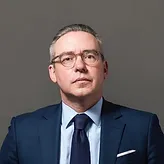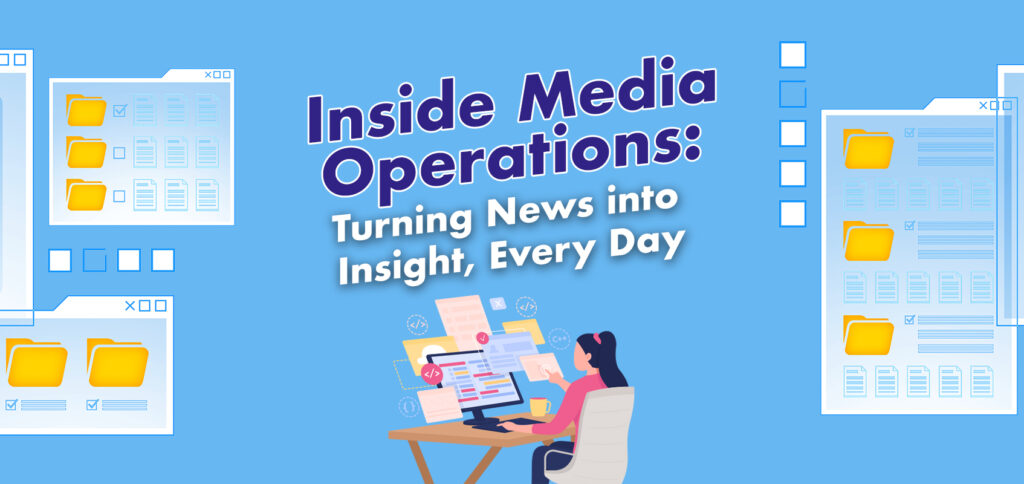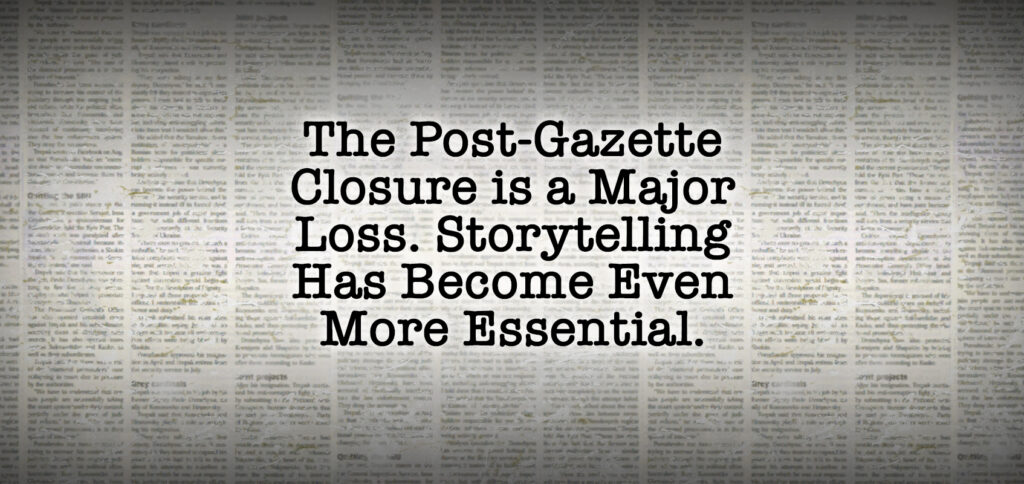Our firm’s founder sits down with the president and CEO of Committee of Seventy for a deep dive on the upcoming races for mayor, City Council, governor, Senate and more.
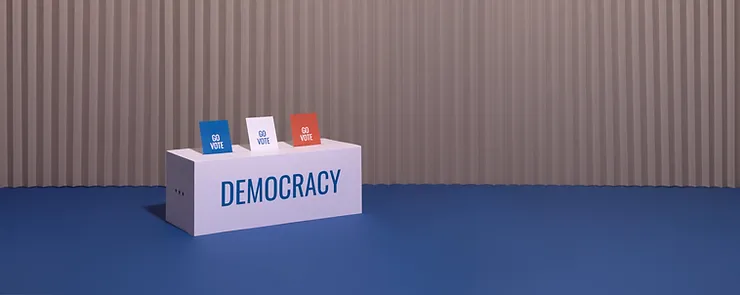
Al Schmidt: There’s been a lot of talk in recent months that we would see a significant number of resignations from City Council members who want to run for mayor, but it’s an entirely different thing when starts happening. And it’s been happening one after another.
Larry Ceisler: It’s important, especially for these district council people, that they put their political allies in their vacated seats, because if they’re going to run for mayor, their base is their councilmanic district. They need to have a person sitting in that seat who is going to be supportive of them. In addition, we’re at this unique time where you have several members of City Council who have been there for many years, and feel that they can be and should be the next mayor of Philadelphia. There’s a lack of leadership in the city, and people want to fill that vacuum.
AS: We are really going to be restarting the leadership of the city after the 2023 election, because we will have obviously a new mayor, and we will have many new members of City Council at the same time. It’s really an opportunity for a fresh start for voters. Clearly, one theme all the candidates have spoken to is leadership.
LC: People want to see a mayor who’s out there. Even John Street, who really was not a people person, per se, he was always out there. I think leadership is the soft, fuzzy issue, but crime is the hard issue. And that is every neighborhood in the city.
AS: Every poll I’ve seen in the last year or two doesn’t just have crime is the number one issue; it has it far and away the number one issue.
LC: You’re seeing a lot of identity politics being played, but I don’t know if identity politics fits the mood of the city right now, because people feel the city is going in the wrong direction. I think people want a Council that’s going to make sure the trash gets picked up. The people I talk to are more concerned with what City Council is going to look like than who the next mayor is going to be. In this city, it seems as if the power has shifted to City Council. Since City Council does not have term limits, and incumbency is powerful, you could have a new City Council that’s here for a while. It could be like the Supreme Court.
AS: Filling all these vacancies is sort of like shuffling the deck. When you shuffle the deck and a new hand is dealt, we’ll see if the voters deal us a good hand or not.
LC: The citywide races are just getting started, but statewide, we’ve had a Democratic Senate candidate and a Republican gubernatorial candidate both facing criticisms for not facing voters, not talking to the media, and not being willing to debate.
AS: There’s still a while to go. I think debates are an important thing for some voters, but most voters don’t pay any attention to debates. But it’s part of the ritual of running for office that voters get to see them in action.
LC: I don’t think debates determine an election, but it’s something that candidates should do. Fetterman is putting it off until October, which is a political strategy. He’s not the first one who’s been in the lead and says, “I’ll debate at the end.” And then Mastriano is basically saying he’ll only debate if he can pick who’s going to ask him his questions. It’s absurd.
AS: I think you raise an interesting point, Larry, that it is usually the candidate in the lead who does not want to debate, and in this case, Mastriano, in every legitimate poll that I’ve seen, has always been behind. I think it’s pretty unusual to have a candidate, who polls indicate is behind, ducking debates, as opposed to demanding 30 of them or something like that.
LC: It’s been a stupid election. Oz’s campaign is, “Hey, Fetterman had a stroke. He’s not debating because he’s not healthy enough to serve. And he’s a socialist,” without saying any specifics. And Fetterman’s campaign is, “He’s an out-of-touch guy from out of state.” It’s all very superficial.
AS: And none of those things relate to any actual issues facing voters.

Oct. 24 is the last day to register before the Nov. 8 general election. Click the image for important resources from Committee of Seventy.
LC: I’d like to hear them talking about foreign policy, and Ukraine, and China, and the Middle East and things like that. But I’d also like to hear them talk about climate change. I want to hear them talk about tax policy. I want to hear them talk about maintaining democracy, which you’re more familiar with than I am.
AS: The democracy issue is clearly close to my heart. A lot of issues and a lot of challenges come and go, but if we lose our democracy, there’s not going to be any getting it back. I don’t think there’s any question that we’re at a critical juncture in the history of our country. We have almost a third of Americans who don’t have confidence in elections and believe that they’re rigged and the 2020 election was rigged. That’s certainly something I will be looking to hear those candidates speak to in the weeks ahead.
LC: Well, we know where Mastriano is on those issues.
AS: A lot of states right now have their secretary of state — the person responsible for running elections in that state — up for election. Pennsylvania is a little bit unusual in that our governor appoints our secretary of state. Whoever is selected as governor in November will appoint the person responsible for overseeing elections in Pennsylvania. There’ll be big implications in that race for democracy.
LC: Do you think we should elect our secretary of state in Pennsylvania?
AS: It’s a little bit curious, the same way that it’s curious that we elect our commissioners, and there’s good and bad that comes with it. Those secretaries of state are currently running the election that they’re running in. As long as you firewall off their ability to influence the outcome in some way, I don’t think there’s necessarily a problem with it. I’m generally in favor of having as many offices elected as possible, and to have elected officials directly accountable to voters.
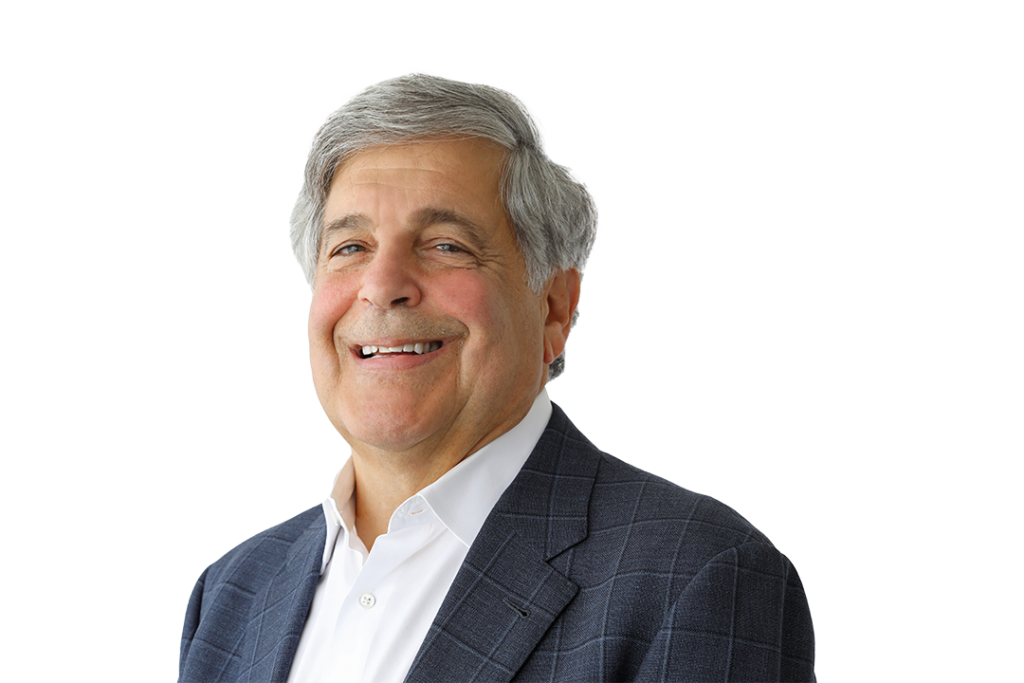
Larry Ceisler is founder of Ceisler Media and Issue Advocacy.
Al Schmidt is president and CEO of Committee of Seventy, a nonprofit and nonpartisan advocate for better government in Philadelphia and Pennsylvania.
